Newman: Can there be a Christian or Catholic Literature?

From the Idea of the University: Discoure 9- Duties of the Church Toward Knowledge (selections)
6.
(II.) . . . . so that Literature is to man in some sort what autobiography is to the individual; it is his Life and Remains. Moreover, he is this sentient, intelligent, creative, and operative being, quite independent of any extraordinary aid from Heaven, or any definite religious belief; and as such, as he is in himself, does Literature represent him; it is the Life and Remains of the natural man, {228} innocent or guilty. I do not mean to say that it is impossible in its very notion that Literature should be tinctured by a religious spirit; Hebrew Literature, as far as it can be called Literature, certainly is simply theological, and has a character imprinted on it which is above nature; but I am speaking of what is to be expected without any extraordinary dispensation; and I say that, in matter of fact, as Science is the reflection of Nature, so is Literature also—the one, of Nature physical, the other, of Nature moral and social. Circumstances, such as locality, period, language, seem to make little or no difference in the character of Literature, as such; on the whole, all Literatures are one; they are the voices of the natural man.
. . . . . . . . .Man will never continue in a mere state of innocence; he is sure to sin, and his
literature will be the expression of his sin, and this whether he be heathen or Christian. Christianity has thrown gleams of light on him and his literature; but as it has not converted him, but only certain choice specimens of him, so it has not changed the characters of his mind or of his history; his literature is either what it was, or worse than what it was, in proportion as there has been an abuse of knowledge granted and a rejection of truth. On the whole, then, I think it will be found, and ever found, as a matter of course, that Literature, as such, no matter of what nation, is the science or history, partly and at best of the naturalman, partly of man in rebellion. {229}
7.
Here then, I say, you are involved in a difficulty greater than that which besets the cultivation of Science; for, if Physical Science be dangerous, as I have said, it is dangerous, because it necessarily ignores the idea of moral evil; but Literature is open to the more grievous imputation of recognizing and understanding it too well. Some one will say to me perhaps: "Our youth shall not be corrupted. We will dispense with all general or national Literature whatever, if it be so exceptionable; we will have a Christian Literature of our own, as pure, as true, as the Jewish." You cannot have it:—I do not say you cannot form a select literature for the young, nay, even for the middle or lower classes; this is another matter altogether: I am speaking of University Education, which implies an extended range of reading, which has to deal with standard works of genius, or what are called the classics of a language: and I say, from the nature of the case, if Literature is to be made a study of human nature, you cannot have a Christian Literature. It is a contradiction in terms to attempt a sinless Literature of sinful man. You may gather together something very great and high, something higher than any Literature ever was; and when you have done so, you will find that it is not Literature at all. You will have simply left the delineation of man, as such, and have substituted for it, as far as you have had any thing to substitute, that of man, as he is or might be, under certain special advantages. Give up the study of man, as such, if so it must be; but say you do so. Do not say you are studying him, his history, his mind and his heart, when you are studying something else . . . . . .
Such is man: put him aside, keep him before you; but, whatever you do, do not take him for what he is not, for something more divine and sacred, for man regenerate. Nay, beware of showing God's grace and its work at such disadvantage as to make the few whom it has thoroughly influenced compete in intellect with the vast multitude who either have it not, or use it ill. The elect are few to choose out of, and the world is inexhaustible. From the first, Jabel and Tubalcain, Nimrod "the stout hunter," the learning of the Pharaohs, and the wisdom of the East country, are of the world. Every now and then they are rivalled by a Solomon or a Beseleel, but the habitat of natural gifts is the natural man. The Church may use them, she cannot at her will originate {231} them. Not till the whole human race is made new will its literature be pure and true. Possible of course it is in idea, for nature, inspired by heavenly grace, to exhibit itself on a large scale, in an originality of thought or action, even far beyond what the world's literature has recorded or exemplified; but, if you would in fact have a literature of saints, first of all have a nation of them.........
If then by Literature is meant the manifestation of human nature in human language, you will seek for it in vain except in the world. Put up with it, as it is, or do not pretend to cultivate it; take things as they are, not as you could wish them.
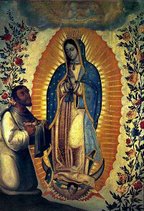
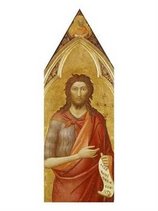


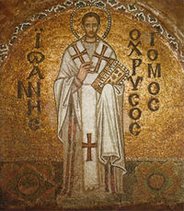
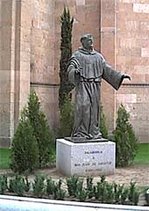

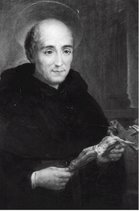
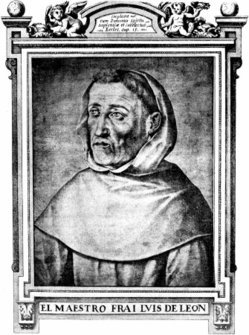
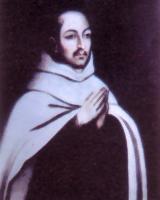


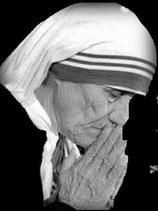
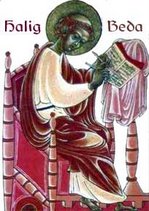
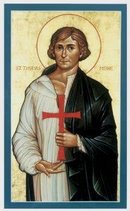
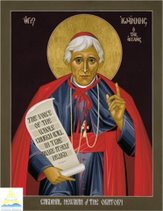




No comments:
Post a Comment